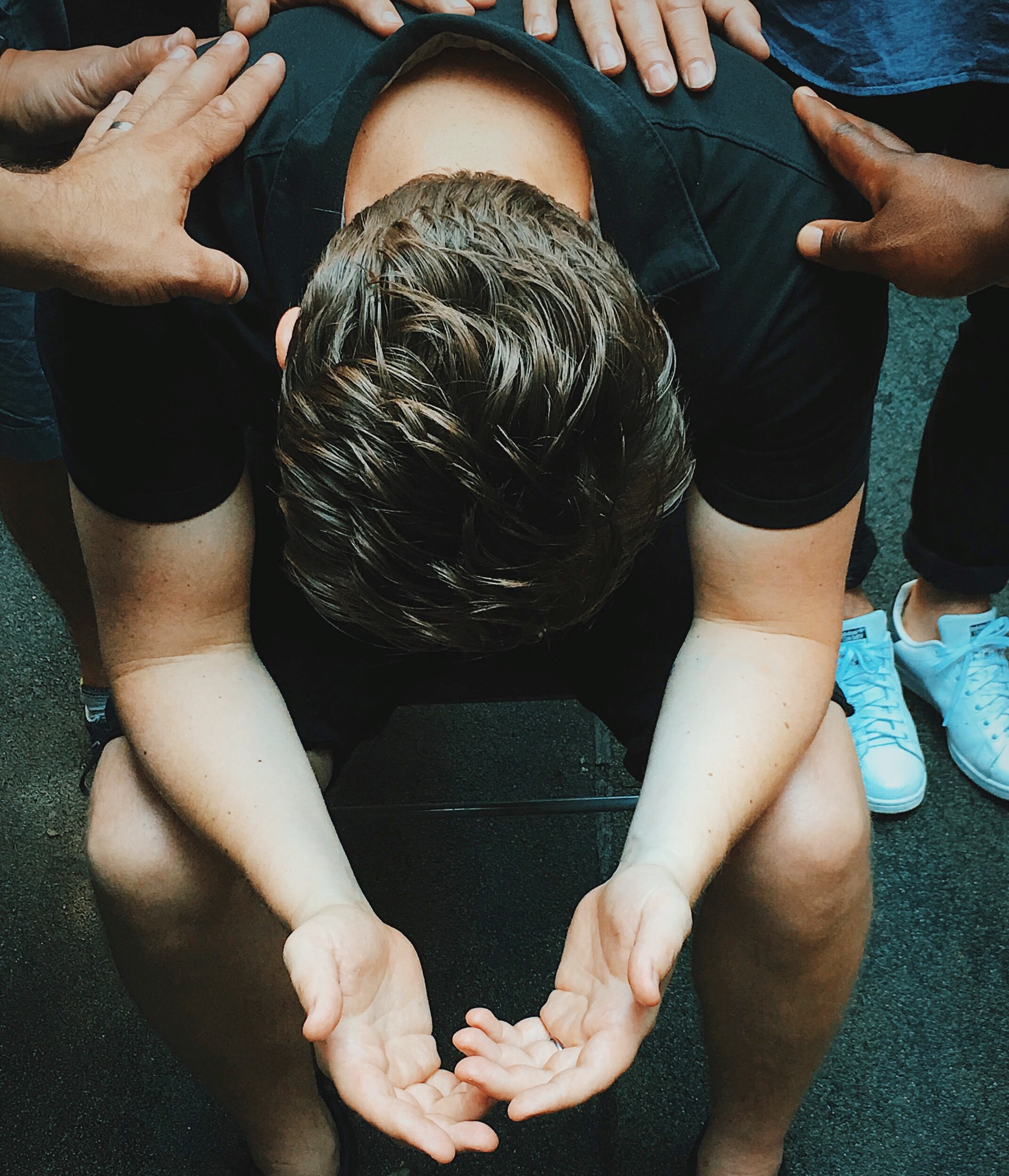
Featured Item

Take suicide warnings seriously, experts say
Mental-health practitioners and experts in the field have put their heads together as concern about rising teenage depression and anxiety are heightened in the wake of a recent teen suicide in the community.
Jared Rubin, 15, died by suicide on 6 January alone in his bedroom after years of struggling to fit in socially and find his place in the world.
His tragic death (on page 1) once again highlights the problem of teenage depression and anxiety, which psychologists say is worryingly on the rise here and abroad.
“Though there are many psycho-social issues associated with suicide, one must remember that this is a disease. It’s an illness. Just like some physical illnesses are hard to treat, so are some psychiatric/psychological illnesses,” said Johannesburg psychologist Sheryl Cohen.
Rabbi Levi Avtzon of Linksfield Shul, who has been at the forefront of this discussion since the tragic passing of teenager Adam Seef in 2019, said “our community narratives are killing people”.
“Sadly today, we worship exceptionalism. This is a fundamental flaw, and needs to be urgently addressed.
“Life is so hard. The pressure to live an exceptional life – to be a chess champion at the age of eight; to be popular; to attain eight distinctions; become a chief executive, is terrifying. We’re scaring kids away from life. The narrative that unless you’re exceptional the world will swallow you up, needs to change.
“We’re not all born to be Albert Einstein or Lionel Messi and do something earth shattering. We need to stop using the word ‘success’ in every sentence. We’ve created such a high bar of what a good life is, and most people can’t match up. It’s unsustainable for most of us, and can lead only to disappointment. In the past, having an average life was good enough. Today, we’re seeking exceptionalism and it starts with fear. If my kid isn’t a champion, then I’m failing my kid. No, your kid just needs to be loved, live a life of integrity, be a mensch, and do the best they can based on their individual capabilities.”
Dr Sheri Hanson, mental-health co-ordinator at Hatzolah, said that though there are many exciting aspects to being a teen, there’s also pressure to fit in socially, to perform academically, and to act responsibly.
“Adolescents have their life on public display thanks to social media and are looking at the social-media version of others’ lives. This increases feelings of anxiety and depression. New apps that show the location of friends may also increase feelings of social isolation as children watch online as their friends get together without them,” she said.
“Adolescence is also a time where children explore and think about their sexual identity and relationships, coupled with a need for independence that often conflicts with the rules and expectations set by others.”
Adolescents who suffer from mental-health problems – such as anxiety, depression, bipolar disorder, or insomnia – are at higher risk of suicidal thoughts. Teens going through major life changes (divorce, moving, immigration, parental separation, and financial changes) and those who are bullied are also at greater risk of suicidal thoughts.
Hanson said there were certain things that may increase the risk of suicide amongst adolescents, namely a psychological disorder such as depression, bipolar disorder, and drug and alcohol use; feelings of distress, irritability, or agitation; feelings of hopelessness and worthlessness; a previous suicide attempt; a family history of depression or suicide; physical, emotional or sexual abuse; lack of a support network; poor relationships with parents or peers and feelings of social isolation; struggling with their gender identity and/or sexuality in an unsupportive family or community; and bullying.
Experts stress the need for parents to keep the lines of communication open.
“Express your concern, support, and love. If your teen confides in you, show that you take those concerns seriously,” said Hanson.
“A fight with a friend might not seem like a big deal to you, but for a teen, it can feel immense and consuming. Don’t minimise or ignore what your teen is going through as this can increase their sense of hopelessness. If your teen doesn’t feel comfortable talking to you, suggest a more neutral person such as a relative, therapist, or school counsellor,” she said.
Johannesburg psychologist David Abrahamsohn said, “Tragically, more and more teens are acting out on suicidal feelings. Our community certainly isn’t immune from this trend.”
“What leads a teen to feel suicidal is often a complex interaction of individual experiences and feelings. COVID-19 has exacerbated an already difficult time in human development for teens. They are still dealing with the negative after effects of isolation and loss they experienced during the pandemic. Their parents and caregivers are under increasing financial and emotional stress themselves, which has created emotional instability in many households,” Abrahamsohn said.
So, what can parents do to help?
“It all comes down to offering connection and communicating with their teens, even if it’s rejected at times. Teenagers need to feel that their parents are available even while they’re developing a sense of independence,” said Abrahamsohn.
“I often find that parents of teens are reluctant to talk to them about suicide due to the misconception that this could somehow encourage self-harming behaviour,” he said.
Hanson advises parents not to shy away from the discussion.
“Don’t be afraid to use the word ‘suicide’,” she said. “Never shrug off the threats of suicide as teen melodrama. If your teen is talking about suicide, it needs to be taken seriously. Ask your teen about their feelings, and listen without being dismissive or judgemental. Reassure them of your unconditional love, and remind them that whatever they are going through, you’re there to help. Seek help from a professional for both you and your teen. Discourage isolation, and encourage your teen to spend less time on social media and more time with supportive friends and family,” she said.
“Understanding depression in teens is important because it can look different to commonly held beliefs about depression,” Abrahamsohn said. “It may take the form of irritability rather than sadness.”
While it’s important to respect teens’ privacy, Hanson points out that equally important is to monitor social-media use. “Social media is the teen platform for communication, so it certainly cannot be banned, however it can also expose teens to bullying, rumour spreading, unrealistic views of people’s loves, and peer pressure. If your teen is feeling hurt or upset because of messages or posts, encourage them to speak to a trusted teacher or school counsellor.”
Abrahamsohn said there should be more programmes to train and empower people outside of the healthcare system to identify teens at risk. “This includes teachers, coaches, and teens themselves. Teens need to be trained how to identify and respond to a friend in crisis. Not all of our suicide-prevention efforts should be done at the point of crisis. Prevention is really a team effort.”










